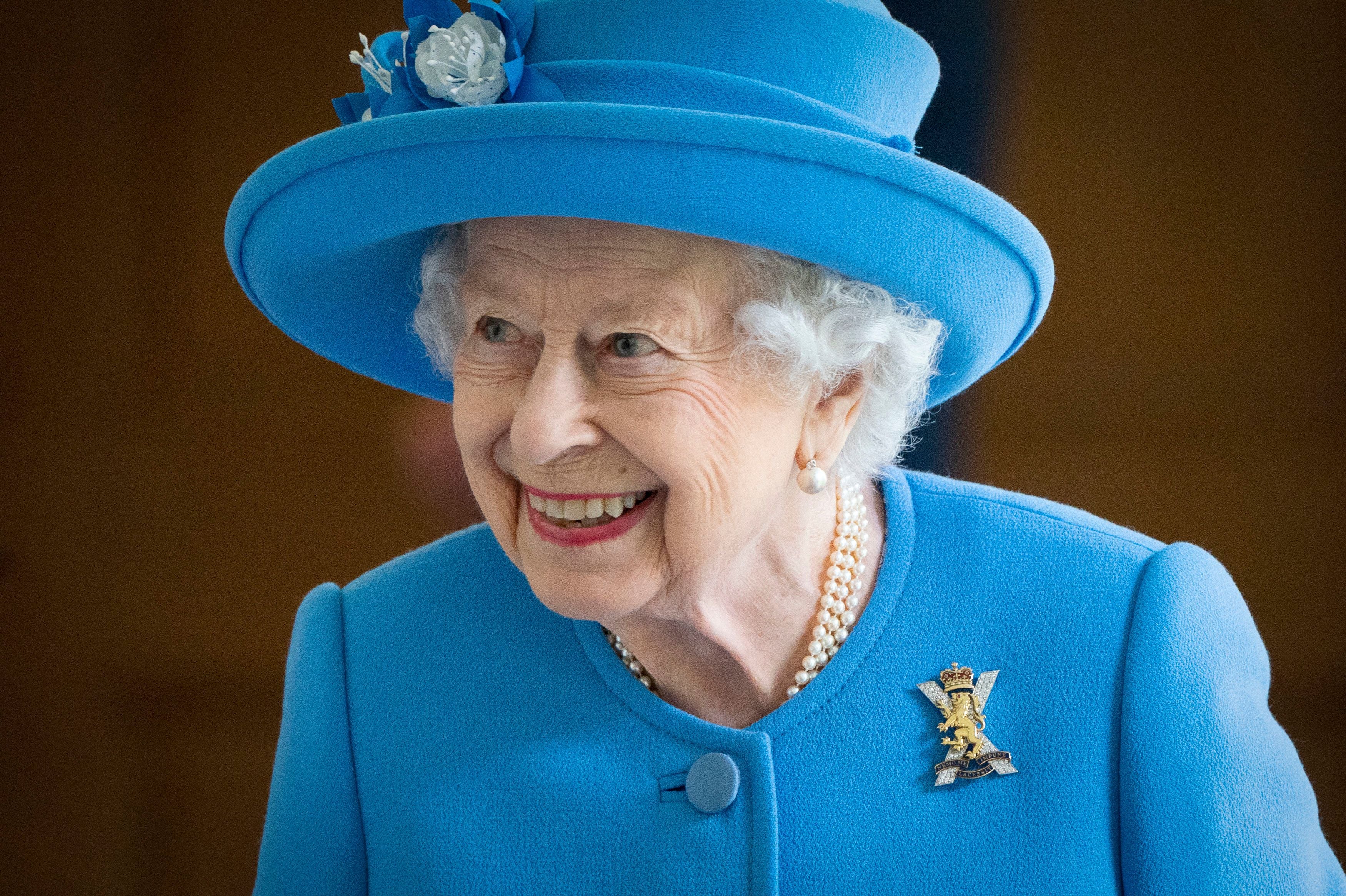What is the Queen’s last name?
The Queen shares some similarities with other members of the Royal Family

The nation is preparing to celebrate 70 years of Queen Elizabeth II’s reign this June, with a programme of events celebrating her platinum jubilee.
This momentous occasion marks the first time in British history that a monarch has reached this milestone, an occurrence that is being honoured with a series of events over an extended bank holiday weekend.
These include a platinum jubilee concert, Trooping the Colour, a pageant and a Service of Thanksgiving.
As many people reflect on the Queen’s historic reign, some royal admirers might be surprised to learn that they’re not entirely familiar with our monarch’s full name.
If you’re unsure what the Queen’s last name is, read on - here’s everything you need to know.
What is the Queen’s last name?
Queen Elizabeth II was born on 21 April 1926, during the reign of her paternal grandfather, King George V.
She was delivered by caesarean section at her maternal grandfather’s house in Mayfair and baptised by the Anglican Archbishop of York, Cosmo Gordon Lang, in the private chapel of Buckingham Palace on 29 May.
She was named Elizabeth after her mother, Alexandra, after her paternal great-grandmother who had died six months earlier, and Mary, after her paternal grandmother.
Born of the royal House of Windsor, her surname at this time was Windsor.
She was also affectionately known as “Lilibet” by her close family, a moniker adopted by Prince Harry and Meghan Markle, who named their second child Lilibet “Lili” Diana Mountbatten-Windsor in June 2021.
When the Queen married Prince Philip in 1947, however, she did not take his name, as is the custom.
The Royal family name of Windsor was confirmed by The Queen after her accession in 1952.
In 1960, however, the Queen and the Duke of Edinburgh decided that they wanted their own direct descendants to be distinguished from the rest of the Royal Family, as “Windsor” is the surname used by all the male and unmarried female descendants of George V.
It was therefore declared in the Privy Council that the Queen's descendants, other than those with the style of Royal Highness and the title of Prince/Princess, or female descendants who marry, would carry the name of Mountbatten-Windsor.
Why do some members of the Royal Family not use a surname?
For the most part, members of the Royal Family who are entitled to the title of HRH Prince or Princess do not need a surname, but if at any time any of them do (such as upon marriage), that surname is Mountbatten-Windsor.
Join former BBC Royal Correspondent Jennie Bond to reflect on the Queen’s 70 incredible years on the throne at a platinum jubilee panel event run by The Independent on Thursday 17 May at 6.30pm.
The broadcaster and journalist will be joined by The Independent’s Associate Editor Sean O’Grady, Deputy Voices Editor Sunny Hundal and hosted by Deputy Lifestyle Editor Laura Hampson to explore the highs and lows of her majesty’s seven decades on the throne.
For more information and to sign up for a ticket visit our Eventbrite page.
Join our commenting forum
Join thought-provoking conversations, follow other Independent readers and see their replies
Comments
Bookmark popover
Removed from bookmarks